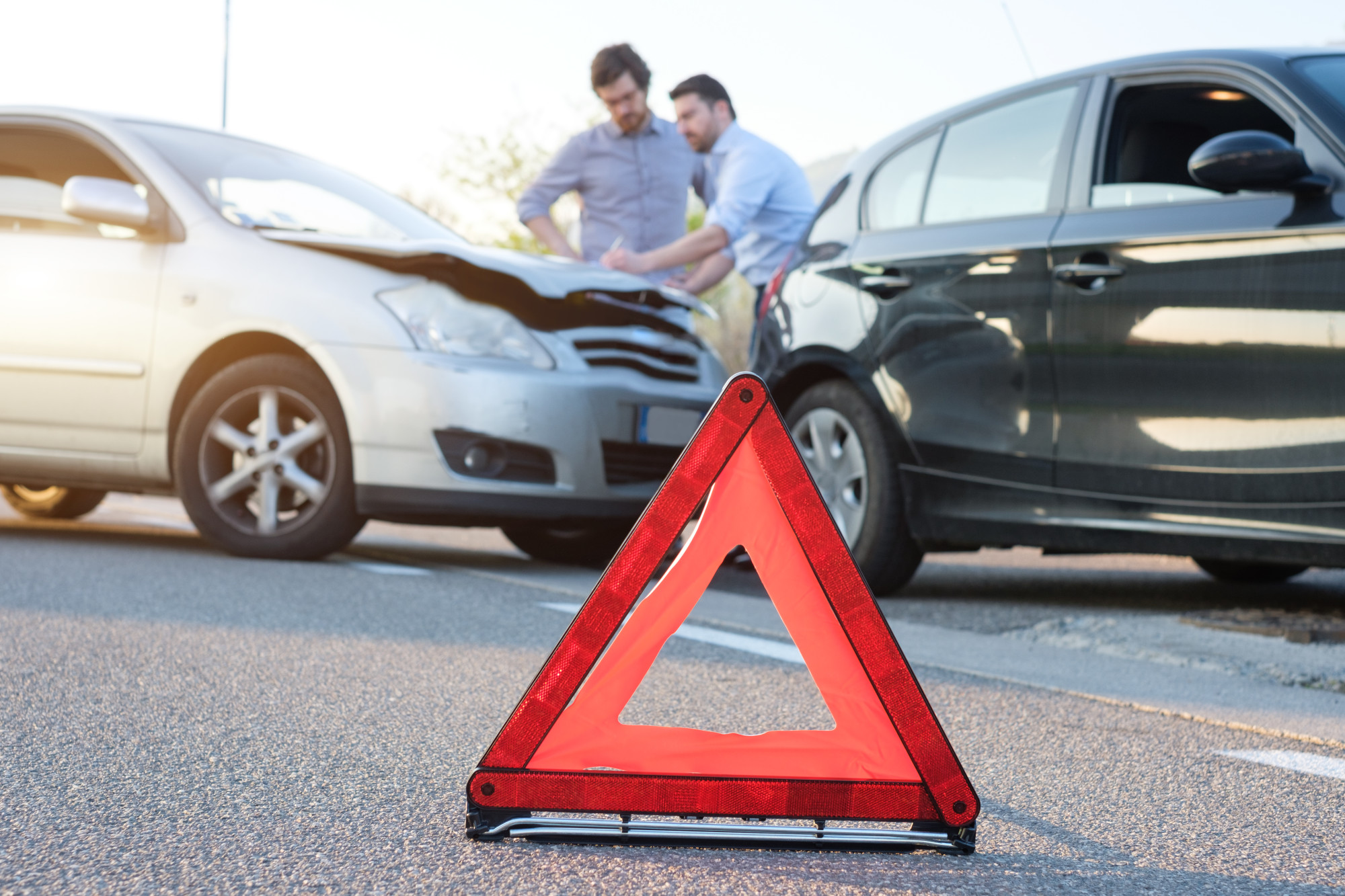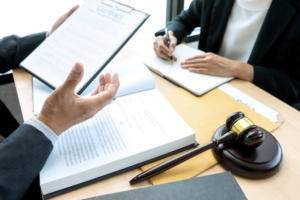A car crash can turn your world upside down in seconds. One moment you’re driving to work or heading home, and the next, you’re dealing with injuries, property damage, and insurance calls. It’s stressful, confusing, and sometimes overwhelming. That’s why understanding your legal rights after an accident is so important—and why Las Vegas auto accident attorneys work hard to guide injured victims through this difficult time.
Whether the crash was minor or serious, knowing what steps to take and what protections the law gives you can make a huge difference in how your case is handled and how much compensation you receive.
LOCAL NEWS: 100 best places to work and live in Arizona for 2025
INDUSTRY INSIGHTS: Want more news like this? Get our free newsletter here
What Are Your Rights After a Car Accident in Las Vegas
If you’ve been hurt in a car accident caused by someone else’s carelessness, the law gives you the right to seek compensation for:
- Medical bills (both immediate and long-term care)
- Lost wages due to missed work
- Damage to your vehicle or personal property
- Pain and suffering
- Emotional distress or trauma
- Future medical needs, if applicable
Nevada follows a fault-based system, which means the driver who caused the crash is responsible for paying damages. However, insurance companies don’t always play fair. That’s where having an attorney helps protect your rights.
Common Issues You Might Face After a Crash
Most people think that after a car accident, insurance will simply cover the costs. Unfortunately, that’s not always the case. Insurance companies often try to reduce payouts or deny claims altogether. Here are a few common problems:
- The other driver blames you for the accident.
- The insurance company offers a low settlement that doesn’t cover all your expenses.
- You don’t have all the documents needed to prove your case.
- You experience long-term pain or injuries that weren’t obvious right after the crash.
That’s why speaking with Las Vegas auto accident attorneys early on can help you avoid mistakes and make informed decisions.
How an Attorney Helps After a Crash
You’re not required to hire a lawyer after a crash, but having one on your side can make a major difference. Here’s how they can help:
1. They Handle the Insurance Companies
Once you hire an attorney, they take over all communication with the insurance adjusters. This protects you from saying anything that could hurt your claim.
2. They Gather Evidence
Attorneys collect important documents such as police reports, medical records, and photos. They may also talk to witnesses or hire professionals to support your case.
3. They Fight for a Fair Settlement
If the insurance company offers a low payout, your attorney can negotiate for a better amount. If needed, they can also file a lawsuit and represent you in court.
4. They Explain Your Legal Options
You’ll always know where your case stands. Attorneys keep you informed about your rights and guide you through every step.
What You Should Do After a Car Accident
Taking the right steps after a crash can help protect your health and strengthen your case. Here’s what to do:
- Call 911 – Always report the accident and ask for medical help if needed.
- Exchange Information – Get the other driver’s name, phone number, license plate, and insurance details.
- Take Photos – Document damage, road conditions, and injuries.
- Get Medical Care – Even if you feel fine, it’s important to be checked by a doctor. Some injuries appear hours or days later.
- Avoid Admitting Fault – Don’t say things like “I’m sorry” or “It was my fault.” Let the facts speak for themselves.
- Call a Lawyer – Talk to a local attorney who can advise you based on Nevada law.
Understanding Nevada’s Comparative Fault Law
Nevada uses a modified comparative fault system. This means if you are partly at fault, your compensation can be reduced. For example:
- If you’re found to be 20% at fault, your final payout will be reduced by 20%.
- If you’re more than 50% at fault, you won’t be able to collect damages.
Because fault can be a gray area, it’s important to have legal support that helps prove your side of the story clearly.
How Long Do You Have to File a Claim
In Nevada, you generally have two years from the date of the accident to file a personal injury claim. This is called the statute of limitations. If you wait too long, you could lose your chance to get compensation.
However, some cases—such as those involving government vehicles—may have shorter deadlines. Always check with a lawyer to understand the time limits that apply to your situation.
What If the Other Driver Doesn’t Have Insurance
If the driver who hit you doesn’t have insurance or leaves the scene (a hit-and-run), you may still have options:
- Uninsured motorist coverage on your own policy may pay for your injuries.
- If you have underinsured coverage, it can fill in the gap when the at-fault driver’s policy isn’t enough.
An attorney can review your insurance and help file a claim through the proper channels.
When to Contact a Las Vegas Auto Accident Attorney
It’s best to contact a lawyer as soon as possible after a crash. Don’t wait until you’re already overwhelmed by bills or stress from dealing with insurance. A lawyer can:
- Help you avoid early mistakes
- Make sure you’re getting the right medical care
- Build a strong case while evidence is still fresh
Most Las Vegas auto accident attorneys offer free consultations and work on a contingency fee. This means you don’t pay unless they win your case.
Be Prepared and Know Where to Turn After a Crash
No one expects to be in a car accident, but it’s smart to be prepared. Knowing your rights and having a legal team you can trust will make the process easier and less stressful. You deserve fair compensation, and the right support can make all the difference in your recovery.
If you or a loved one has been hurt in a crash, reach out to experienced Las Vegas auto accident attorneys to learn more about your options. You don’t have to go through it alone.




